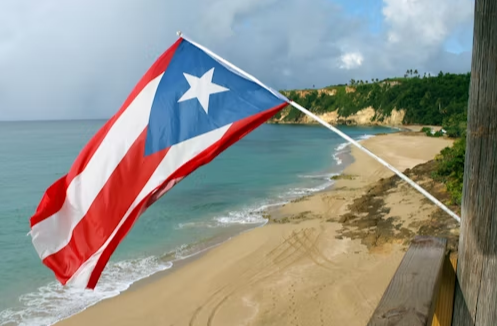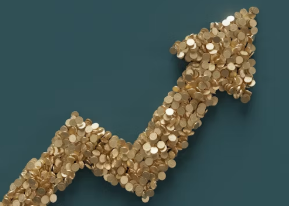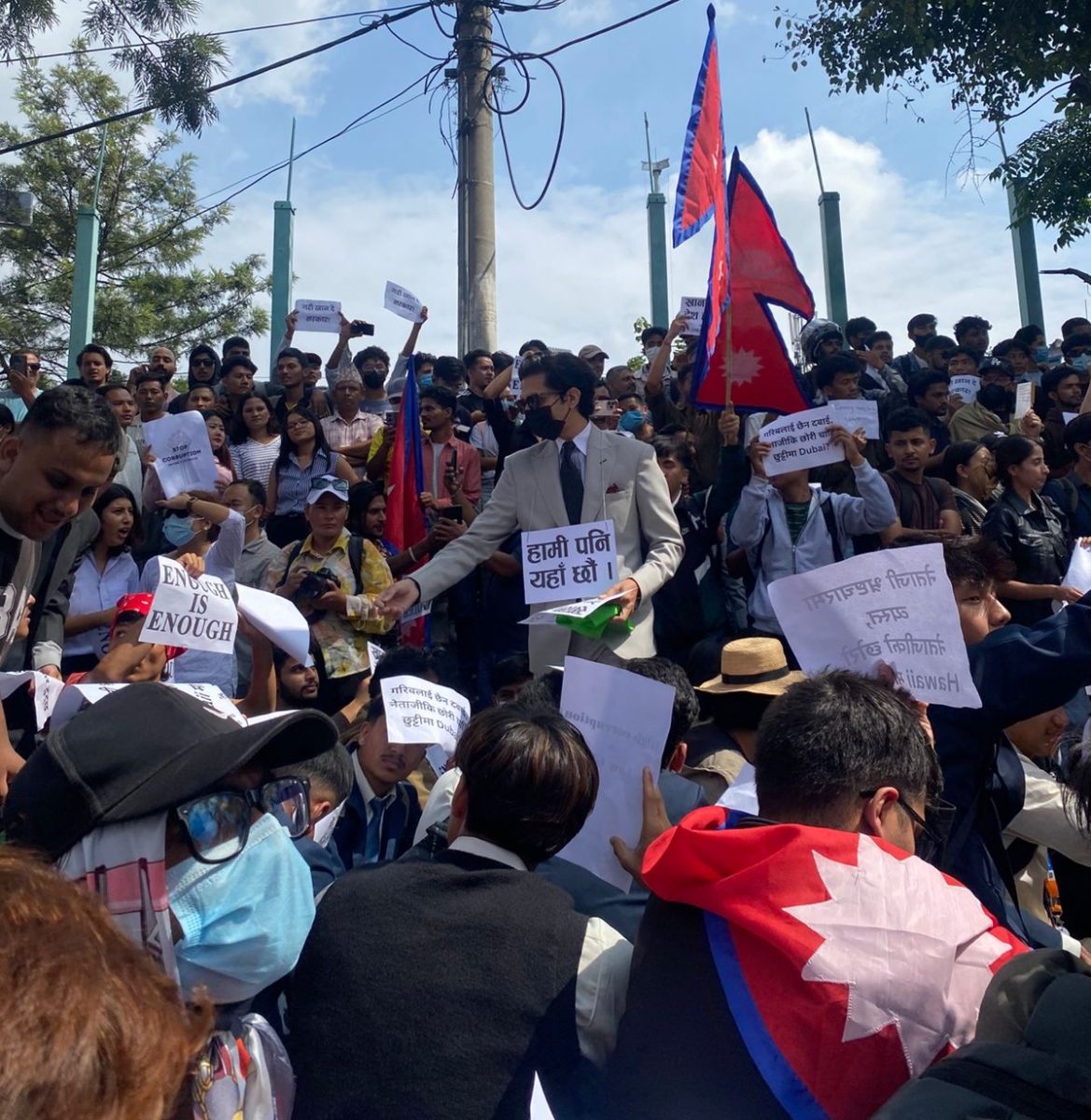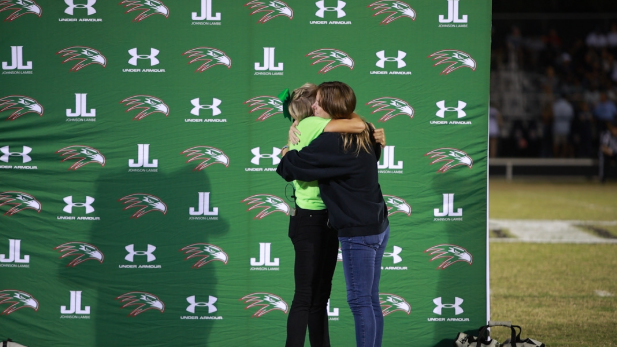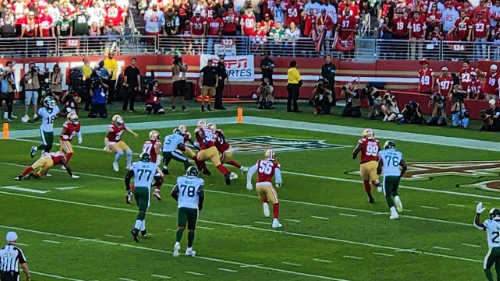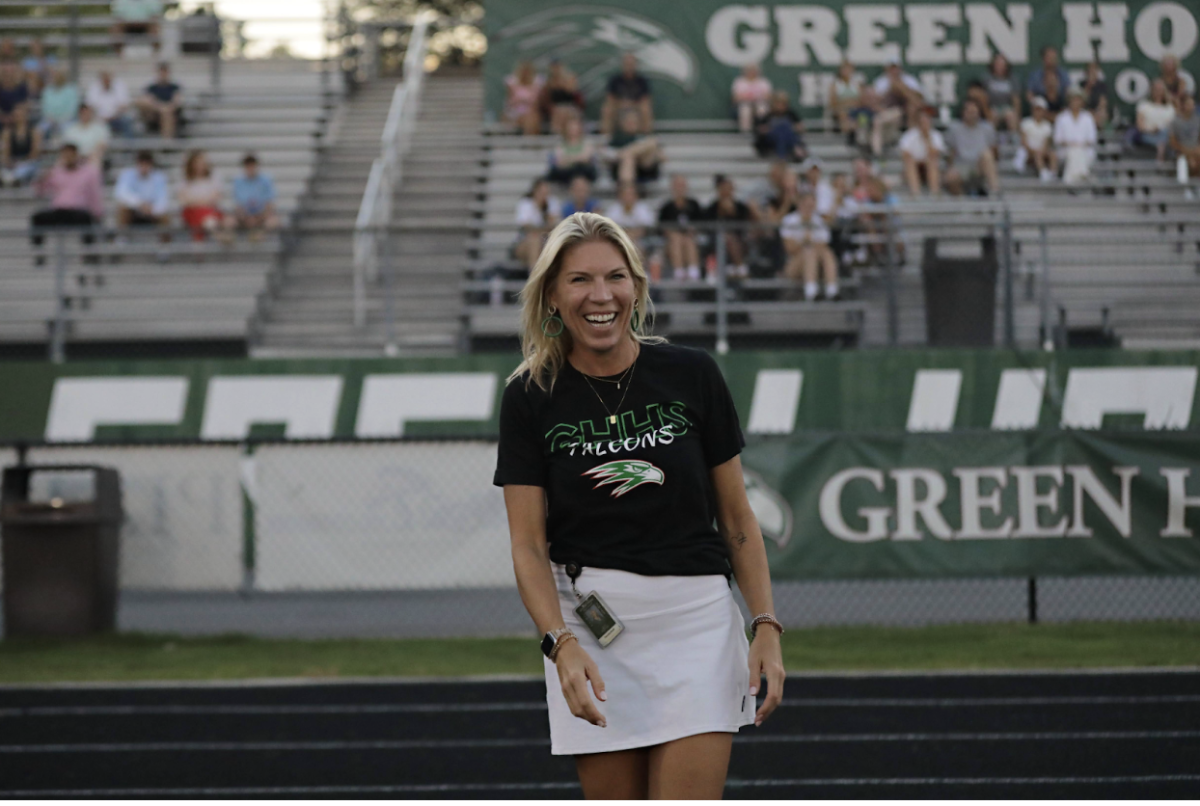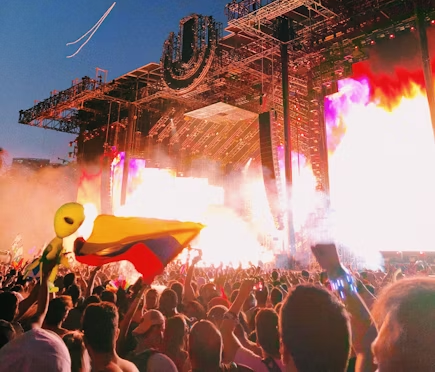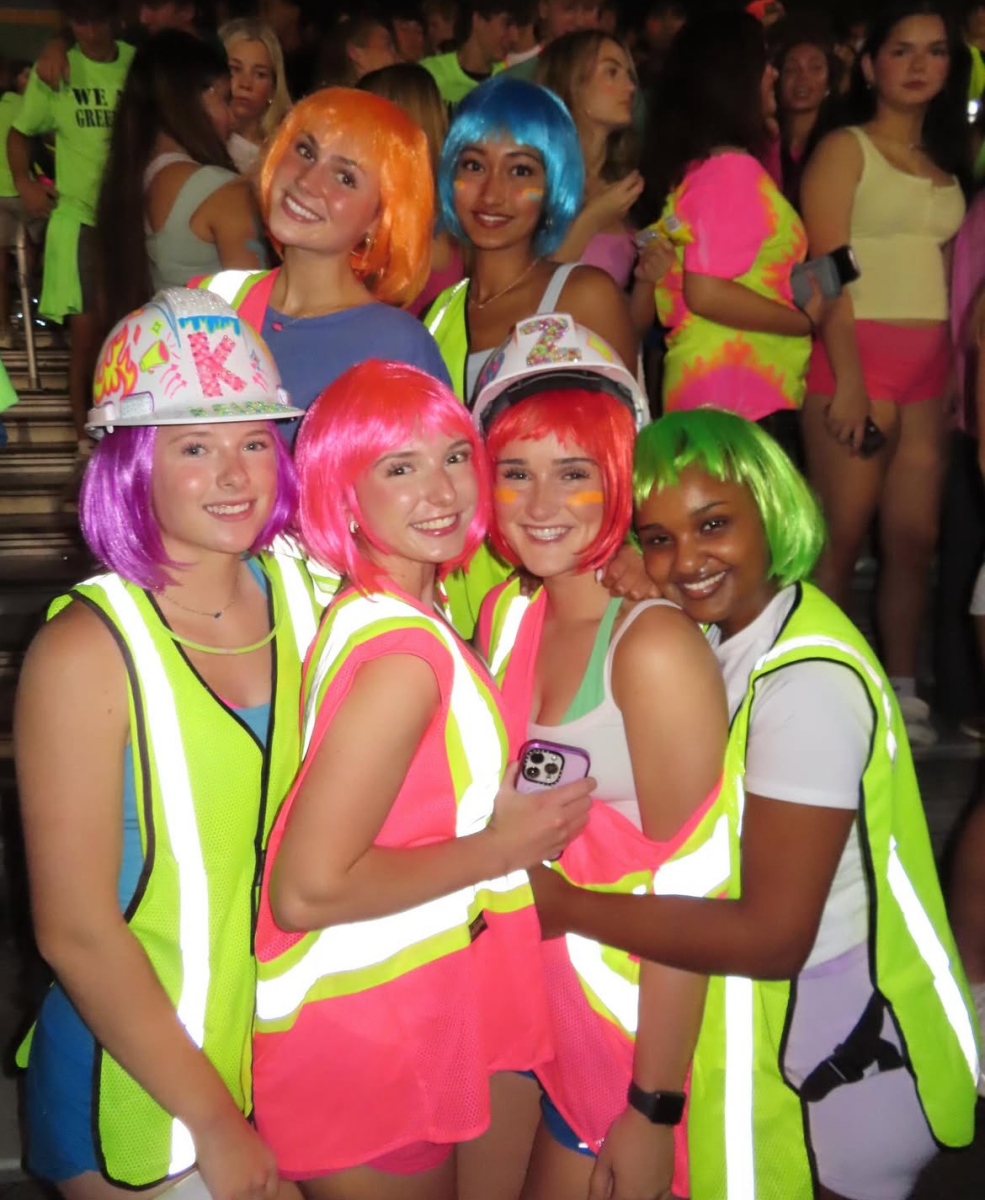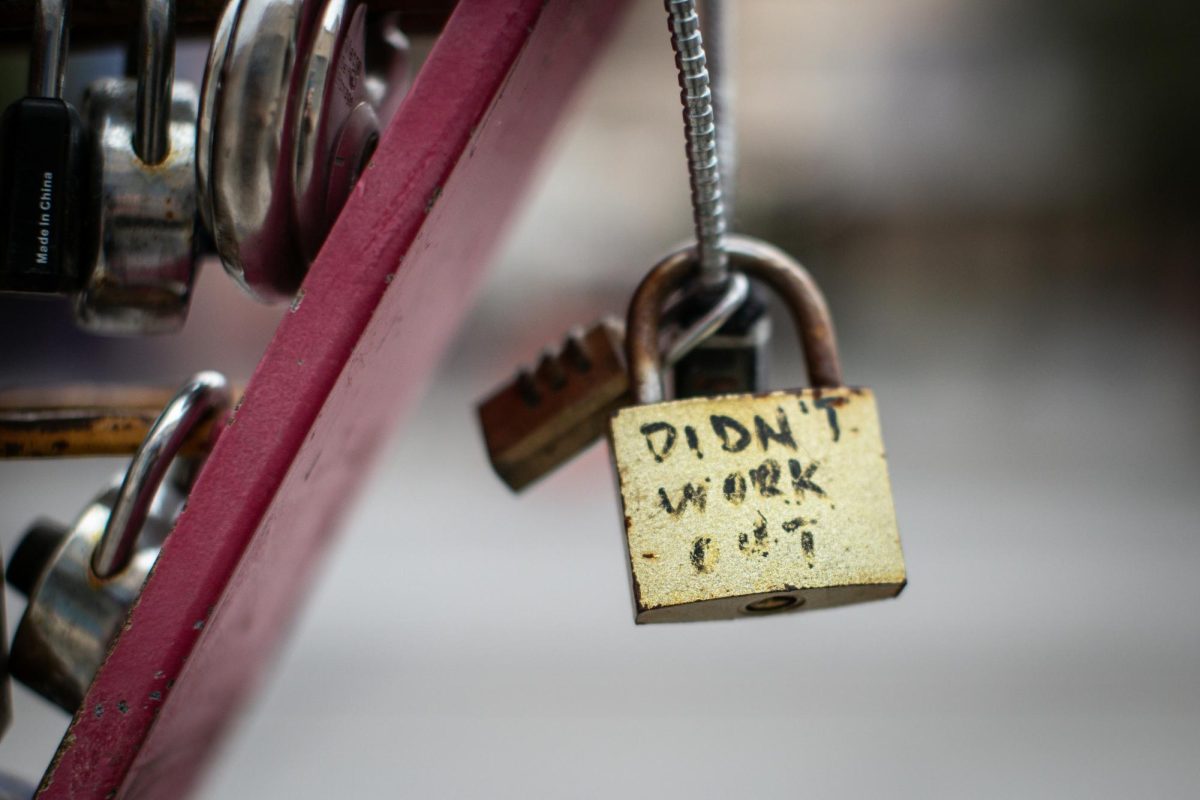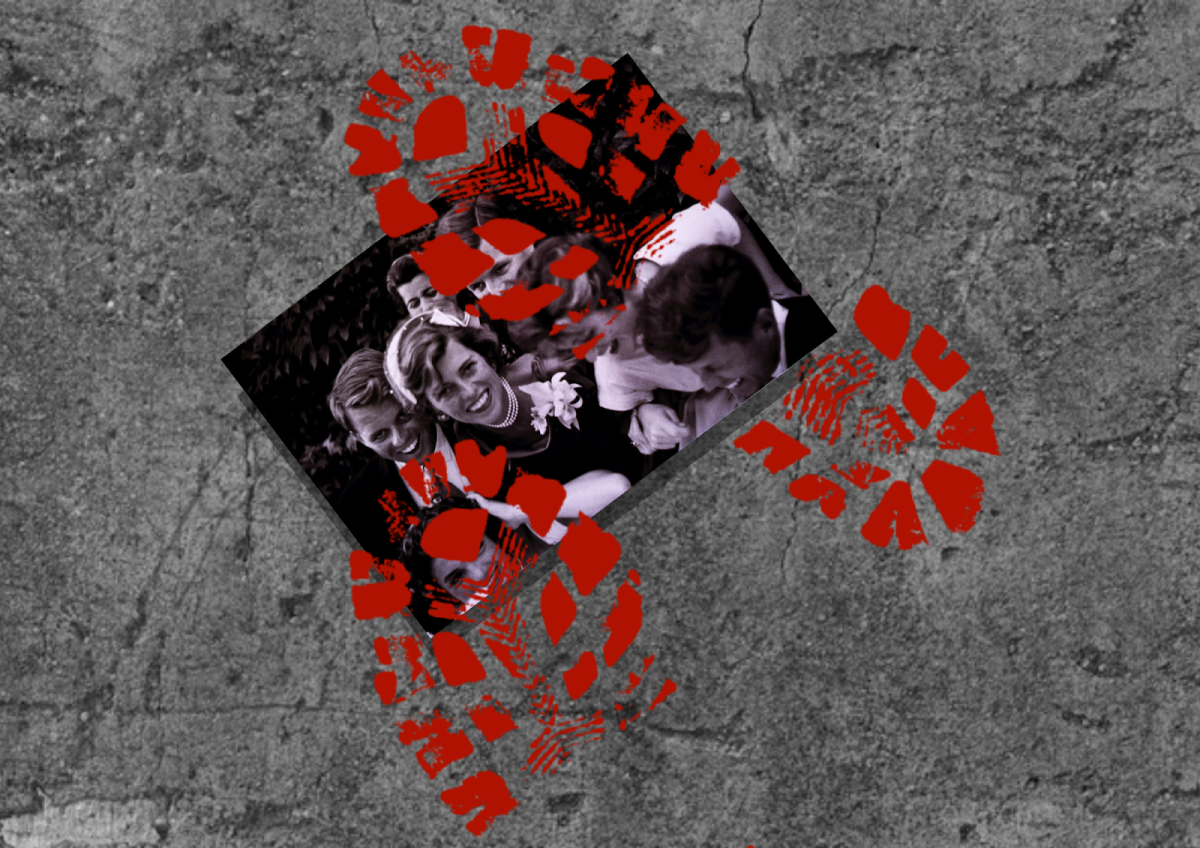The Kennedy Curse: Maybe bad luck just runs in the family?
Someone could knock over a salt shaker, open an umbrella indoors, walk under a ladder as well as end the day crossing paths with a black cat and still have less bad luck than the Kennedy family. This kind of misfortune, with two assassinations, two plane crashes, one lobotomy, one skeptical drowning case and one explosion sounds like the fakest thing to the people who have never heard of it before; however, it is not fake.
Many recognize the Kennedy’s as one of America’s most influential families in history for their firm grasp on politics. The name of “Kennedy” took everyone that bore it far, whether they truly worked hard to be there or not. Despite the power the name held, there was a drawback from being a Kennedy—the name also seemingly carried terrible luck.
It got so bad that people felt like there was some “curse” placed on the family, as if their name is the only plausible reason all of these things happened to them. Whether it is to be believed or not, the fact of the matter is that all of the things that happened to the Kennedy family are absurd.
First, there must be a mention of the patriarch of the Kennedy’s— Joseph P. Kennedy Sr., the grandson of an Irish immigrant and a graduate from Harvard University. At age 25, Joseph Sr. became bank president of Colombia Trust after managing to save it from a financial takeover.
A year later in 1914, he married the oldest daughter of John Fitzgerald, the Boston mayor. When he was just 30 years old, Joseph Sr. became a millionaire, and his business acumen took him into various industries, including running the Somerset Company, a business that imported liquor.
1932 was when his political career first started after he backed Franklin Del Roosevelt in his campaign for presidency, of which Roosevelt won and became the 32nd president of the United States. Joseph Sr. accepted the chair for the Securities and Exchange Commission (SEC) and served for 14 months.
The next presidential election, Joseph Sr. was appointed chairman of the Maritime Commission and soon after became an ambassador to Great Britain. However, this is where his political career started to take a turn for the worse. With World War II looming in the background, it seemed like every decision he made was destined to be the wrong one.
His public statements only seemed to make him out to be a defeatist, someone who expects failure before anything has even started. His isolationist view on America did not make anything better, and his decision to stay at a country estate instead of the targeted England capital made him seem cowardly in the eyes of some.
After Roosevelt’s third presidential election win, the comments that Kennedy made during the war pretty much stopped him from ever obtaining a higher office title. When Kennedy stated during the Battle of Britain saying that democracy was “finished” and that all of Britain’s fighting was not for democracy, which was not true. The Roosevelt Administration and the public came to the conclusion that someone like Joseph Sr. could not represent America.
At this point, his political career was done for. That did not stop him from chasing that kind of success, however— instead of pushing himself, he decided to pour all of his unfulfilled goals and ambitions into his children, especially his sons.

Joseph Sr. and Rose had nine children; Joseph Jr., John (“JFK”), Rose Marie (“Rosemary”), Kathleen (“Kick”), Eunice, Patricia, Robert (“RFK”), Jean and Edward (“Ted”). Joseph Sr. wanted all of his children to prepare for different things in life. His sons needed to be ready for a career in public service and his daughters to be married off to a distinguished man.
To say he took these goals seriously would be an understatement, small talk was not even allowed at the dinner table. Instead of storybooks that everyone reads when they are young, Joseph Sr. encouraged his children to start reading The New York Times.
However, Joseph Sr. saw his eldest daughter, Rosemary, as somewhat of a “problem.” Rosemary was presumed to have physical disabilities as she was slower in her development to crawl, walk and speak than her other siblings, and her family also assumed she had learning disabilities when she reached school age.
In her early adult years, Rosemary was not making as much progress as her family would have liked her too. Her sister, Eunice, once wrote, “At 22, she was becoming increasingly irritable and difficult. Her memory and concentration and her judgment were declining.”
And what was her father’s response to her supposed disabilities? Well, Joseph Sr. arranged for Rosemary to get lobotomized at the young age of 23. A lobotomy was the believed cure (nowadays, rightfully so discredited) for those who had mental illness or a physical disability. The surgery included poking holes in a patient’s head, with parts of the brain becoming severed in the process.
Afterwards, Rosemary was left with the mental capacity of a two-year-old and without the ability to ever care for herself again. Joseph Sr. sent Rosemary to St. Coletta’s School for Exceptional Children located in Wisconsin where she would live out the rest of her life.
Rosemary was isolated from the rest of her family, only to be visited by them later on in her life. In 2005, she would pass away at the age of 87, and her story ended up inspiring Eunice to start the Special Olympics.
The most faith was placed into Joseph Jr., who was the oldest Kennedy. He was in the process of being groomed into politics just like his father when he made the choice of becoming a Navy flier in WWII. However, during a combat mission over Europe, the plane that he was flying—a PB4Y-1 Liberator—exploded mid air. Joseph Jr. died at the young age of 29 in 1944, marking the first of many untimely deaths in the family.
That same year, Kick Kennedy (the fourth oldest) married William “Billy” Cavendish, the Marquess of Harington. Her new title was Lady Harington, though she would not be able to enjoy married life for long. Four short weeks later, Billy was called to action to fight in WWII, as he was a member of the British army. On Sept. 10, 1944, he was killed during combat.
By the end of the war, Kick briefly returned to America to visit her family, but she later went back to London with the decision to live there permanently. When she was 28 years old, she went on a trip to France with her new lover in 1948, the 8th Earl Fitzwilliam, and both were killed when their plane suddenly crashed. Billy’s mother hosted her funeral in England and none of the Kennedy’s showed up to it.
The most famous Kennedy by far ended up becoming the 35th president of the United States—JFK. Everyone knows what happened to him and the abundant amount of theories that came with it. After his heroism in the Navy during WWII when he rescued his fellow sailors from the sinking of PT-109, presidency was on his radar.
In 1960, JFK beat Richard Nixon in the race to become president. He was the youngest president elected at age 43, but JFK only made it to three years in office before he was assassinated while riding through Dallas, Texas in a presidential motorcade.
This was the first time an assassination attempt, which was successful, was captured on video for everyone to see. The sight of his head exploding was engraved into people’s minds, and as a result, JFK became one of the most popular/well-known presidents in America. Even though he did not get the opportunity to serve out his first term, his name always pops up in the high tier-lists of presidents.
What a lot of people do not know about JFK is that he was a very sickly man with a complex medical history. From spinal-problems to Addison’s Disease, it almost seemed like JFK had every ailment in the book. To combat his illnesses, JFK took over 11 different medications all at once.
Like FDR, JFK would try and keep his sickness a secret from the world. His public image as a man who was as healthy as ever could not be farthest from the truth. As a result of having chronic back pain, JFK had to wear a spinal brace.
When Harvey Lee Oswald shot a second time, JFK was unable to get down due to his spinal brace, and many believe this was what caused him to lose his life. The whole country was in mourning alongside the Kennedy family, though this was not the last assassination in the family.
RFK is known by many as the best president America did not get to have. His progressive views on civil rights spoke to those who needed them. He was the one really pushing for JFK to pass The Civil Rights Act, however, it was Lyndon B. Johnson who got the job done in 1964 after his brother’s death.
RFK would start his campaign for presidency in 1968 on March 16th. His most famous speech would come after the assassination of Martin Luther King Jr. It was totally improvised and only made several hours after MLK was killed—the crowd in Indianapolis, Indiana did not know of this news themselves.
Before he could truly make progress in his goal of gaining the presidency, in 1968, at 43 years old, RFK was shot by Sirhan Sirhan at the Ambassador Hotel. It was not long until he was pronounced dead that same day. There is no way to know this, but many believe he would have been a great president had he gotten a chance to.
Fortunately, for the rest of the siblings, Eunice, Patricia and Jean got to live to an old age without a reputation-damaging scandal to their names… Ted, the youngest child of the family, was an exception however.
On the night of July 18, 1969, Ted Kennedy ended up plunging off of the Dike Bridge on the small island of Chappaquiddick while he was driving. The car landed upside down in the Poucha Pond. In the car alongside Ted was a woman named Mary Jo Kopechne, who worked on RFK’s presidential campaign, that ended up drowning.
After the incident, Ted would go on to claim that he dived into the water to find Kopechne before going back to the cottage he was staying at. He went back to Poucha Pond with his cousin, Joseph Gargan, and Paul Markham, who reportedly tried to rescue her, but instead of reporting the incident to the police and getting Kopechne her much needed help, Ted left to return to his hotel in Edgartown.
It would be nine hours later until her body would be recovered from underwater. Any chances that she had at survival were gone at that point. Before this, Ted had similar ambitions like his brothers, JFK and RFK, in becoming president. Any chance that he had towards the bid was squandered after the Chappaquiddick incident. Many people have their own conclusions about what really happened, not even his Kennedy name would save his reputation. Whilst he did not suffer an untimely death like some of his other siblings, being known for the case of a woman drowning is not exactly a good look.
When JFK was assassinated, he left behind his son JFK Jr. and daughter Carolina. JFK Jr. was like the prince of America, there was this huge amount of sympathy for someone whose father was killed when he was only three. The famous picture of him saluting at his father’s funeral was plastered in all of the news articles and magazines.
Years later, when JFK Jr. gave an introduction to his uncle, Ted Kennedy at the 1988 National Democratic Convention, the press started to pay a lot more attention to him. In 1989, he graduated from law school and a few years after that, he started George, a political and celebrity magazine based in New York City.
JFK Jr. took an interest in flying and got his pilot license in 1988. It was when he was flying with his wife Carolyn Bessette Kennedy and her sister Lauren Bessette that tragedy struck.
JFK Jr. viewed a weather forecast before he took off that indicated the sky would be clear during his untimely flight. However, the skies he was flying in were pretty hazy and JFK Jr. likely got disoriented due to the limited visibility, henceforth, causing the plane to end up crashing. Everyone who was on the flight did not make it and their bodies were discovered by Navy divers. Before JFK Jr. got a chance at politics like his father did, his life ended at 28.
Some call it a curse while others simply refer to it as misfortune—regardless of what is believed, the Kennedy family will always be remembered for being plagued by tragedies. Either way, the family has endured some of the worst to ever happen and are still known in politics today, especially with JFK’s grandson, Jack Schlossberg, a political correspondent at Vogue Magazine, and RFK Jr. with his past campaign to become president.




